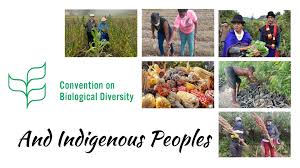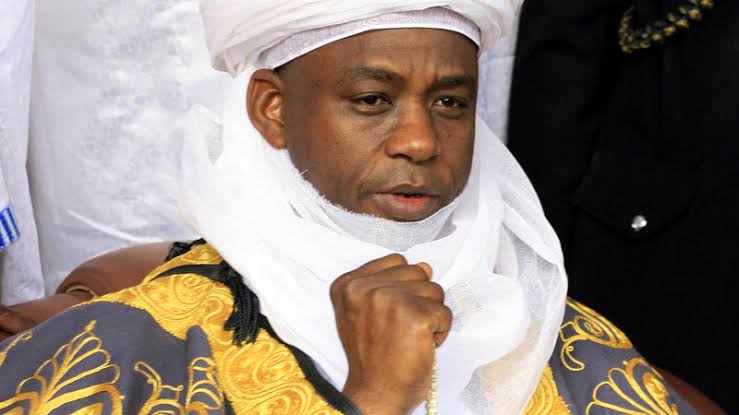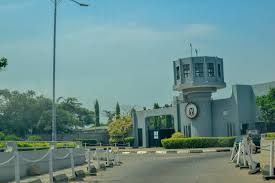CBD affirms role of indigenous people in Global Biodiversity Framework

By Samuel Ogunsona
The Convention on Biological Diversity, (CBD) has stated the need to intensify the role of indigenous people and local communities towards the implementation of its Kunming-Montreal Global Biodiversity Framework.
This was contained in a press statement at the weekend made available to Irohinodua.
The twelfth meeting of the Ad Hoc Open-ended Inter-Sessional Working Group on Article 8(j) and Related Provisions of the Convention expected to close November 16, 2023, in Geneva, Switzerland.
However, The Working Group took up the call by governments made in Montreal, Canada at the United Nations Biodiversity Conference in December of 2022, to develop a new programme of work on provisions of the Convention on Biological Diversity related to indigenous peoples and local communities that will align with the Kunming-Montreal Global Biodiversity Framework. Delegates made progress, but more discussions will be needed at the upcoming meeting of the Conference of the Parties (COP 16), to be held in 2024.
The Acting Executive Secretary of the Convention on Biological Diversity, David Cooper, said the need to fully engage indigenous knowledge in the implementation of the framework remains paramount.
He said “This week we took significant steps towards an inclusive implementation of the Framework as governments fully engaged with indigenous peoples and local communities, towards taking action in support of implementation. This meeting has been a catalyst to accelerate the implementation of the Kunming-Montreal Global Biodiversity Framework.”
Under the Convention on Biological Diversity, traditional knowledge, the innovations and practices of indigenous peoples and local communities, are central to meeting the objectives of the Convention, for the achievement of conservation, sustainable use, equitable sharing of benefits, the implementation of the Framework, and the three objectives of the Convention.
The Working Group this week looked at how these provisions and the participation of indigenous peoples and local communities could be further expanded across the work of the Convention and to reprioritize elements and tasks to ensure that it is supportive of human rights-based and gender-based approaches, coherent with the goals and targets of the Framework.
The review of the programme of work for Article 8(j) and related provisions developed detailed proposals but further discussions are needed at COP 16 to finalise a new programme of work related to indigenous peoples and local communities for adoption.
The Working Group provided updates to the knowledge management component of the Kunming-Montreal Global Biodiversity Framework, adding elements related to the role of traditional knowledge and its relationship to science and other knowledge systems. This update will be reviewed by the next meeting of the Subsidiary Body on Implementation that will meet in May 2024, in Nairobi.
The Working Group also looked at options for institutional arrangements covering Article 8(j) and other provisions of the Convention, and their modus operandi, including the participation of indigenous peoples and local communities in the work of the Convention.
Options that were considered included continuing the Working Group with a revised mandate focused on the Global Biodiversity Framework, establishing a permanent subsidiary body on Article 8(j) and related provisions with a mandate to provide advice to the Conference of the Parties, and applying the enhanced participation mechanisms already used by the Working Group for the participation of representatives of indigenous peoples and local communities in other subsidiary bodies of the Convention, such as the scientific (SBSTTA) and implementation (SBI) bodies when addressing matters of direct relevance to those groups.
The meeting did not reach a conclusion on these arrangements, and discussions will be continued at COP 16.



